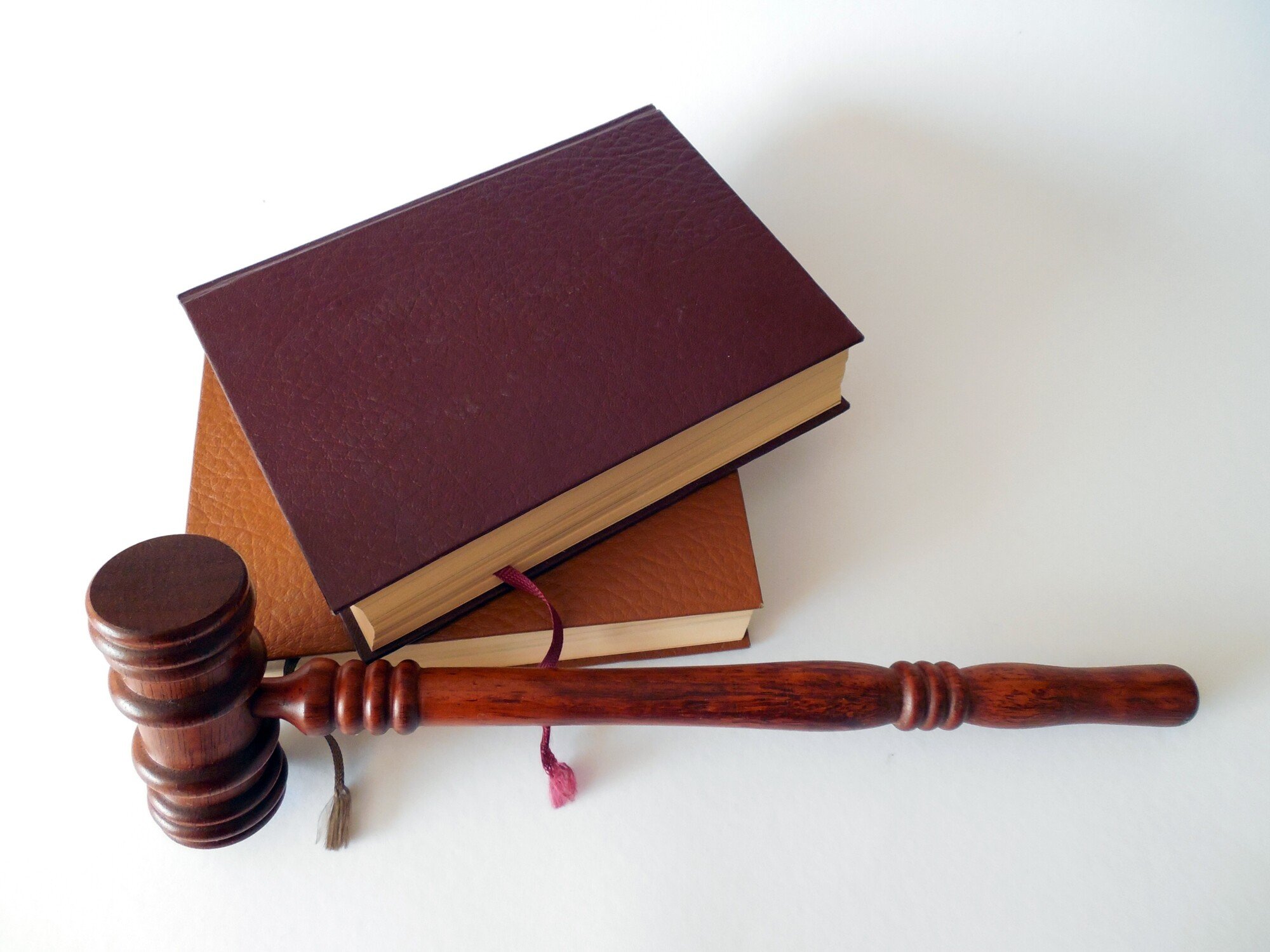There’s no denying that navigating the legal system can be complex. Whether you are facing a divorce, starting a business, or dealing with an unfair dismissal, you need to first know your rights and options.
The role of a lawyer often becomes indispensable in these scenarios. Yet, many individuals find themselves uncertain about how to approach this significant decision. The following guide presents key elements to consider when hiring legal representation to ensure you make an informed choice.

Understanding the Types of Legal Practice
Obtaining legal help begins with understanding the types of legal practices available. Lawyers tend to specialize in specific areas such as family law, criminal law, corporate law, and personal injury law. These categories are vast and contain further sub-specialties. A family lawyer might work on divorce or child custody cases, while a corporate lawyer might help businesses navigate mergers and regulatory compliance.
By identifying your particular legal needs, you’ll be able to seek out those who have experience handling your type of case. If you’re either faced with criminal defense or family law, you can begin searching for reliable lawyers in Winston-Salem, NC, or your local area. Different lawyers apply different approaches to the law. Some might advocate for a more aggressive stance, whereas others may lean towards negotiation and compromise. A mismatch in philosophy can lead to frustration and delays in achieving your goals. Familiarize yourself with the various regulatory requirements in your state; knowing these prerequisites can further inform your hiring procedure.
Evaluating a Lawyer’s Qualifications
When considering a lawyer, evaluate their qualifications thoroughly. Most notably, the educational background of a lawyer can often provide you with insights into their training and expertise. A lawyer must have a Juris Doctor (JD) degree from an accredited law school, but additional certifications and specializations can further bolster their qualifications. Check if the lawyer is a member of any legal associations or bar committees; this can indicate their commitment to the profession and their ongoing professional development.
Beyond education, reviewing a lawyer’s experience is just as important. How long have they been practicing law? What types of cases have they handled previously? Select someone who has dealt with similar legal situations. This will help them understand the intricacies associated with your case and allow them to draw upon their past successes to build a persuasive argument on your behalf. Don’t shy away from asking pointed questions during consultations. Inquire about any previous case results that are relevant to your situation.
The Importance of Communication
Open, transparent communication will foster trust and lay the groundwork for a fruitful attorney-client relationship. From the moment you engage with a lawyer, notice how they communicate with you. A lawyer who effectively communicates can provide reassurance and clarity, especially in high-stress situations.
Discuss upfront how they prefer to communicate—be it through phone calls, emails, or in-person meetings. This understanding can save both time and misunderstandings in the long run. Gauge their responsiveness to your inquiries. If they are slow to reply before you have formally retained them, that could be an indicator of future issues. Take note of how they break down complex legal jargon into understandable terms; this skill will be invaluable in your working relationship. You deserve to feel that your lawyer is on your side and working in your best interest.
Understanding Legal Fees and Billing Practices
Legal fees can vary widely based on a lawyer’s experience, reputation, and the complexity of your case. Therefore, billing practices should be clarified before signing an agreement. Some attorneys bill on an hourly basis, while others may work on a flat fee or contingency basis, mostly in personal injury cases.
Each billing structure has its pros and cons, depending on your situation. Discuss the anticipated costs and payment options transparently during your initial consultation. This will prepare you for the potential financial commitment but also help you assess whether the lawyer’s services align with your budget. Make sure to ask about any additional expenses that might arise, such as court fees or administrative costs; these can accumulate and affect your overall expenses.
Do not hesitate to inquire about retainer agreements. A retainer requires you to pay upfront for legal services that will be rendered in the future. Understanding these agreements and how they apply to your particular situation can help you better manage your finances as you navigate your legal challenges.
Assessing Reviews and Testimonials
Before finalizing your decision, take the time to review feedback from previous clients. Many law firms showcase testimonials on their websites, but you can also look at independent review platforms for unbiased opinions. These reviews can provide insights into the lawyer’s strengths and weaknesses, as well as their overall client satisfaction ratings.
Even reach out to your network for recommendations for invaluable insights. Whether through friends, family, or colleagues, obtaining first-hand accounts of experiences can offer useful perspectives on what to expect. Positive reviews often highlight a lawyer’s effectiveness, communication style, and approachability, whereas negative ones may point to issues you would want to avoid.
Preparing for Your Initial Consultation
Preparation for your first meeting with a lawyer can significantly enhance the experience and outcome. Gather all relevant documents related to your case; this could include contracts, emails, photographs, or any other supporting materials. Having these organized will allow your attorney to assess your situation quickly and enable them to offer informed advice more effectively.
Develop a clear outline of the questions you want to ask — it can include inquiries about their experience, approach to your case, and expected timelines. Clearly articulating your concerns will help the lawyer understand your priorities and demonstrate your engagement in the process.
Whether you are seeking a settlement or willing to go to trial, being upfront about your expectations can shape the direction of your case from the outset. The relationship between a client and their lawyer should be a collaborative effort, where both parties are working towards a unified goal.

After considering all the factors discussed, you are now in a better position to make an informed decision about hiring a lawyer. Remember that your select attorney will advocate on your behalf, so choosing someone who instills confidence is a must. Reflect on your interactions with each candidate, taking care to trust your instincts about their professionalism and expertise.
It’s okay to have multiple consultations with different lawyers; this broadens your perspective and helps you gauge how various attorneys approach the same situation. Navigating the legal system can often feel overwhelming, yet being well-informed about what to expect can empower clients to make wise choices.
